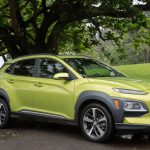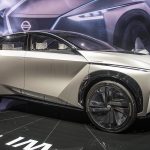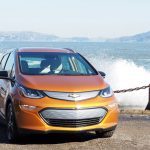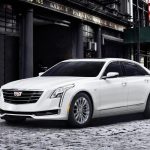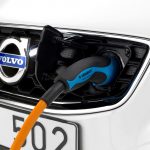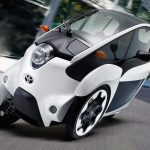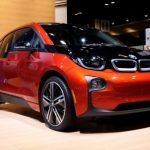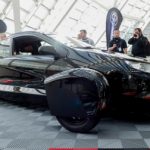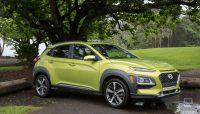Tesla’s Ban In West Virginia Is The Latest Roadblock For Mass-Market Electric Cars
West Virginia is the fifth state to effectively ban Tesla from operating dealerships.
When a company is as disruptive as Tesla aims to be, the potential barriers have a way of stacking up. Today, the electric car maker met its latest challenge: The company is banned from selling cars directly to consumers in the state of West Virginia, according to The Verge.
West Virginia governor Ray Tomblin signed a bill today preventing auto manufacturers from opening their own dealerships in the state, which tosses a pretty soaking wet blanket on Tesla’s plans to do exactly that. The company’s direct sales model is now banned in five states, with legal challenges springing up elsewhere. In June, New Jersey reversed its ban on direct-to-consumer auto sales, allowing Tesla to resume operation of its two dealers there—but Arizona, Texas, Maryland, and Michigan still forbid the sale of Tesla vehicles.
These state-level bans—reportedly influenced by the auto dealer industry—are just one of the challenges faced by Tesla as it tries to vastly upgrade the transportation industry with its premium-priced electric cars. The company recently had to scale back its operations in China, cutting 30% of its staff in the potentially lucrative market due to lackluster sales of the Model S, which cost around $121,000 in the country (compared to $81,000 in the U.S.). Wall Street has been eyeing the company’s every move—as well as its stock price, which has been lower in recent weeks and shifts wildly with each new headline. (Even when the news is an April Fools’ joke.)
Despite these challenges, there are some things that are swinging in Elon Musk’s favor—namely, an expected drop in cost for lithium-ion batteries, which could potentially help the company lower prices to lure customers and pump out more vehicles. (Tesla recently committed to building its own “Gigafactory” for producing large lithium-ion batteries at enormous scale.)
Reports the MIT Technology Review:
The authors of the new study concluded that the battery packs used by market-leading EV manufacturers like Tesla and Nissan cost as little as $300 per kilowatt-hour of energy in 2014. That’s lower than the most optimistic published projections for 2015, and even below the average published projection for 2020. The authors found that batteries appear on track to reach $230 per kilowatt-hour by 2018.
If that’s true, it would push EVs across a meaningful threshold. Depending on the price of gas, the sticker price of an EV is expected to appeal to many more people if its battery costs between $125 and $300 per kilowatt-hour.
If these predictions bear out, electric cars could be within reach of average consumers in no time. That is, of course, if we can find a place to buy one.
Fast Company , Read Full Story
(394)


